Have you ever wondered what it's like to step into a world where legends are etched in every corner, and bazaars echo tales of ancient caravans? That's Uzbekistan for you.
Nestled in the heart of Central Asia, this country is a treasure trove of historical, culinary, and cultural wonders. As someone who experienced it first-hand, I invite you to explore what makes Uzbekistan a portal to the past, wrapped in the warmth of Uzbek hospitality.
Dive into this article where I explore Uzbekistan's sights, from the astronomical marvels of Samarkand to the bustling, spice-laden bazaars, each telling their own story of this landlocked country.
By the end, you’ll be able to answer, with confidence, the question: Is Uzbekistan worth visiting?
For me, the answer is a resounding yes — Uzbekistan is a place where history, culture, and hospitality combine to create an experience that’s not just worth visiting, but hard to forget.
But first, let’s consider safety.
Is Uzbekistan safe for tourists and travellers?
Safety is at the forefront of any travel decision. During my visit, I was struck by the sense of security throughout the country.
The streets of Tashkent, Samarkand, and other cities felt remarkably safe, even after dusk. But it's always wise to stay cautious in quieter streets after dark, especially if you're travelling alone, to avoid any possible instances of crime. The locals, with their inherent hospitality, were always eager to help, adding to the overall sense of security.
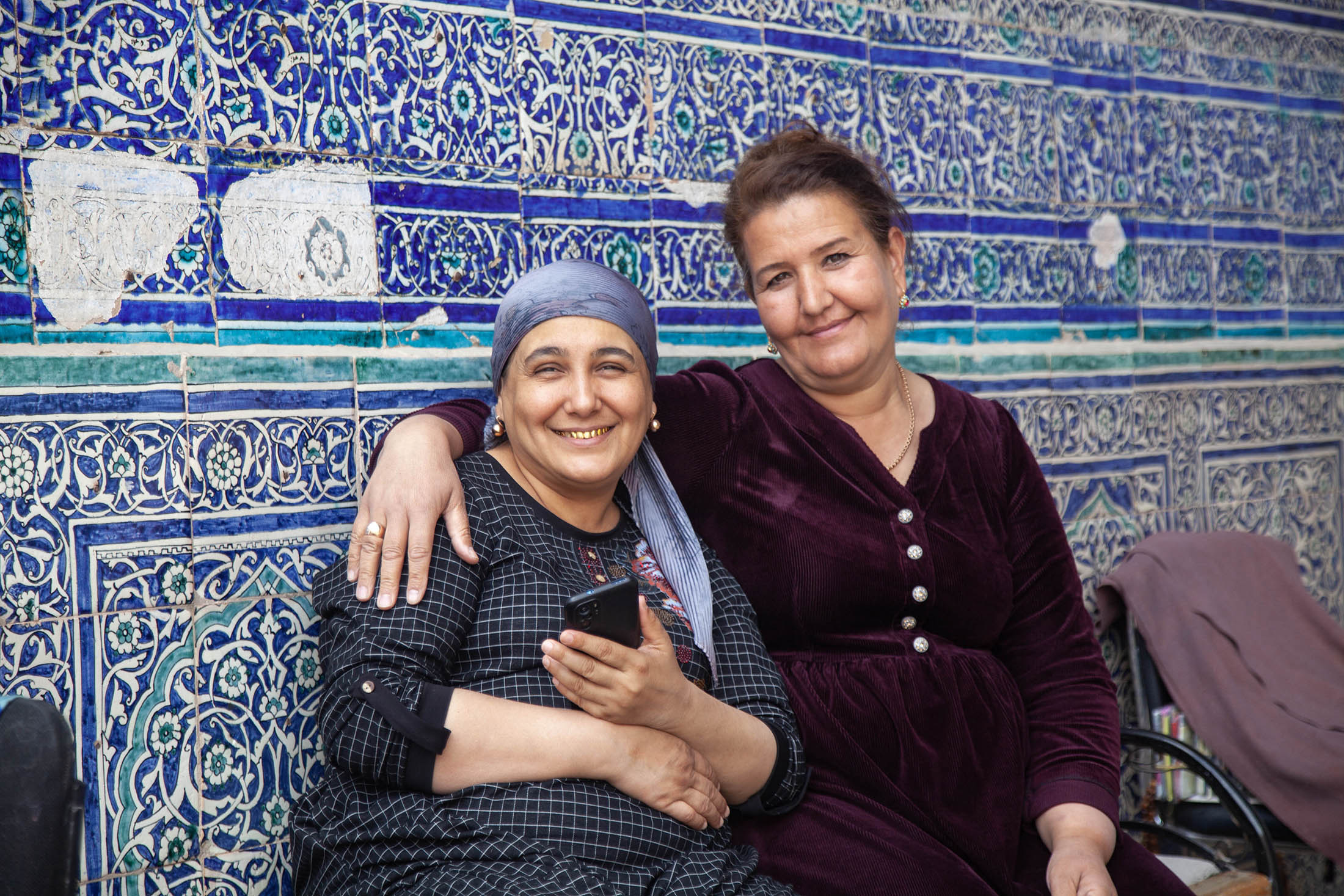
Uzbekistan's government has made strides in enhancing tourist safety, with visible police presence and improved safety measures, especially in tourist-heavy areas.
Moreover, the infrastructure, including maintained roads and upgraded public transportation, facilitates safe travel throughout the country. Hotels and guesthouses adhere to certain standards.
While petty crimes like pickpocketing can occur, as in any destination, they are relatively infrequent in Uzbekistan.
What is so special about Uzbekistan?
Rest assured about safety, let's shift our focus to the things that make Uzbekistan a destination worth visiting.
Astrological History
Uzbekistan, particularly Samarkand, played a significant role in the history of astronomy. The Ulugh Beg Observatory, built in the 15th century by a Timurid astronomer, was one of the Islamic world's most advanced observatories, emphasising the country's contribution to the scientific world.
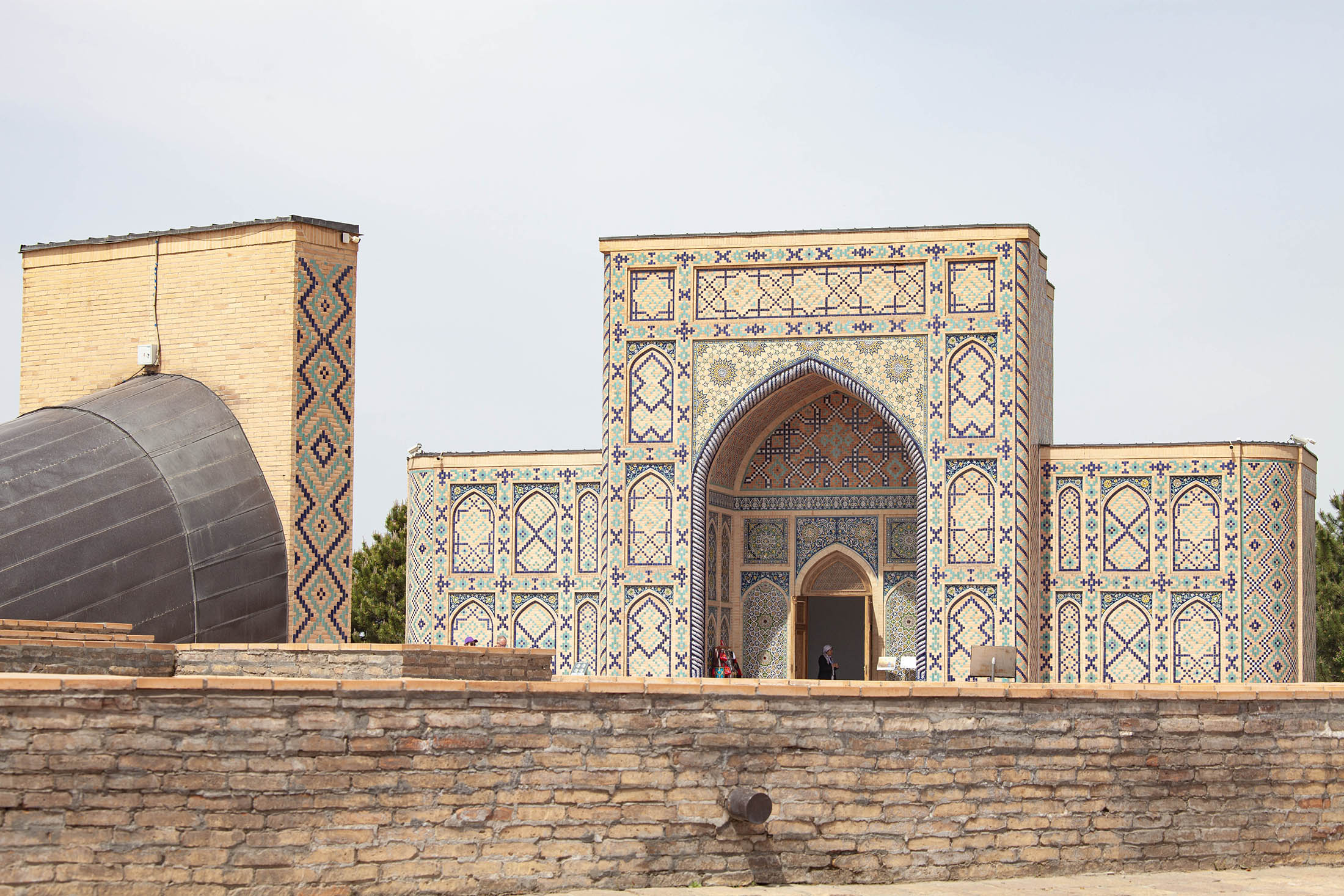
Double Landlocked Geography
As one of only two double-landlocked countries in the world, Uzbekistan's unique geographical position has significantly influenced its historical and cultural development. This unique position fostered a blend of influences from neighbouring regions, creating a distinct cultural and historical bend that is evident throughout the country.
Epicurean Delights of a Landlocked Nation
Despite being double-landlocked, Uzbek cuisine offers an unexpected diversity. Influences from the various cultures along the Silk Road have resulted in a unique blend of flavours and dishes, such as the national dish, Plov, which has over a hundred variations within the country.
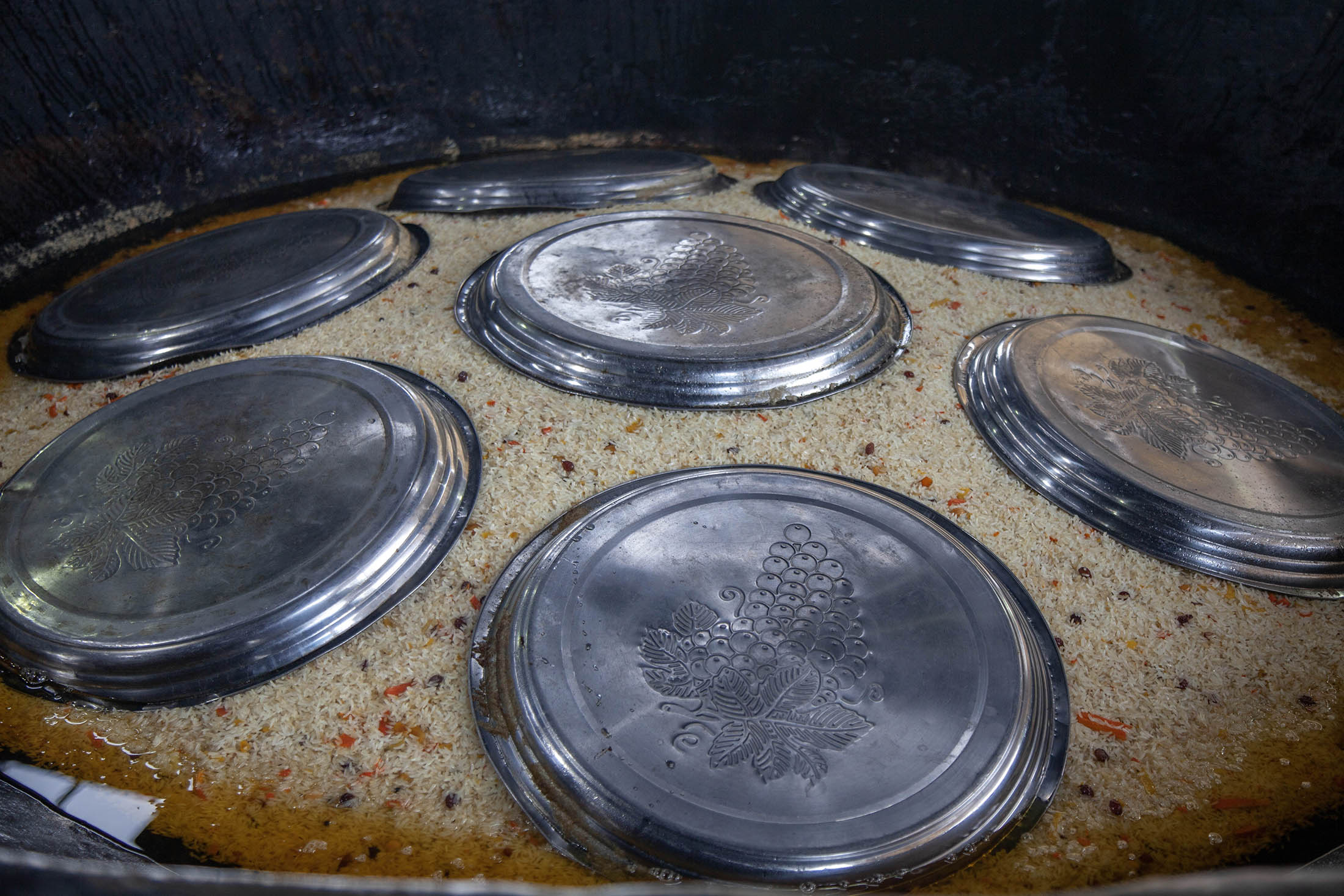
Architectural Anomalies
Beyond the well-known Islamic architecture, Uzbekistan surprises with its Soviet-era architecture, a juxtaposition that tells the story of its past under Soviet rule. This blend of architectural styles creates a unique urban landscape.
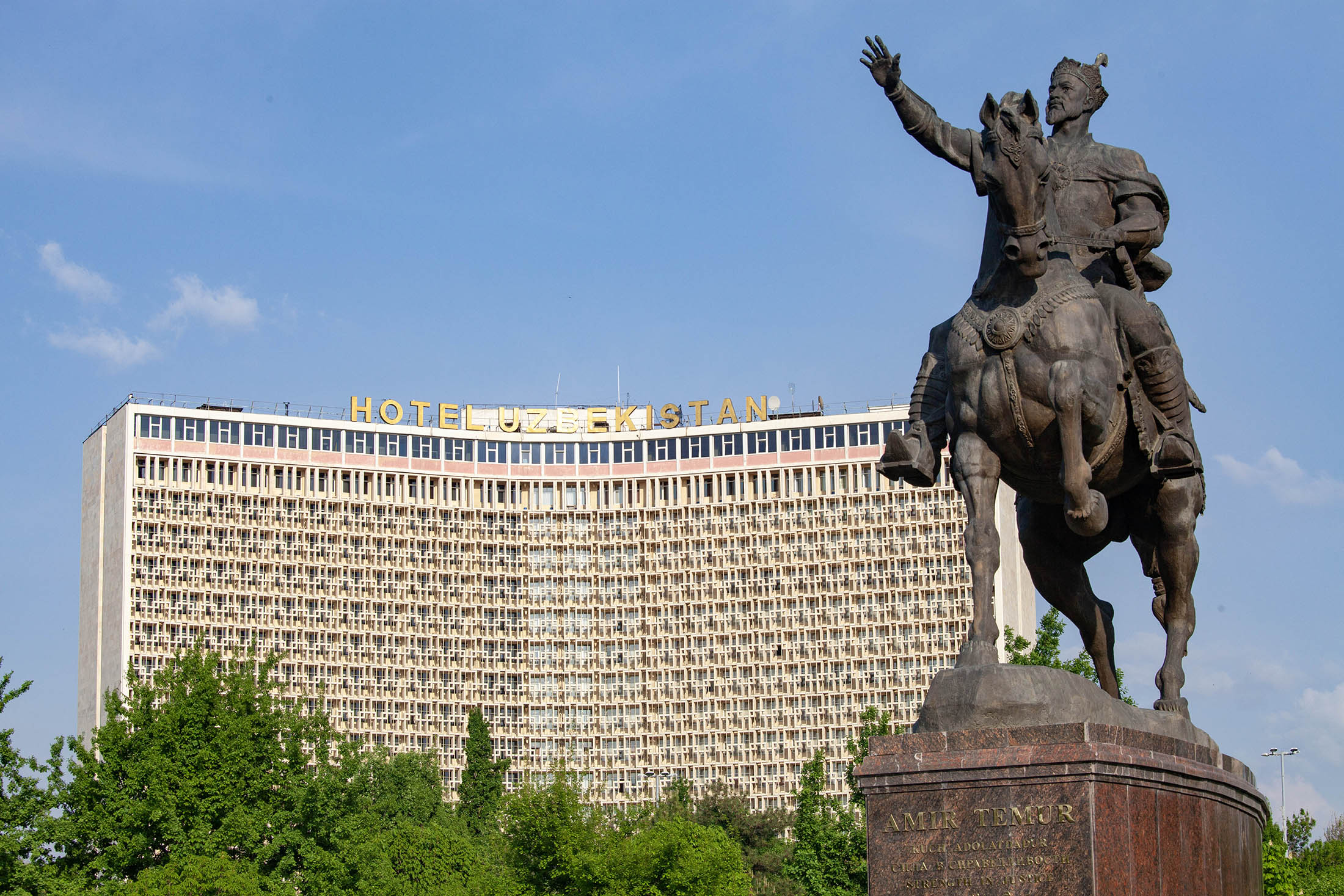
Cultural Tolerance and Diversity
Uzbekistan, predominantly Muslim, stands out for its religious tolerance and cultural diversity. This is evident in the presence of various religious sites, including Islamic, Christian, Buddhist, and Jewish places of worship, now coexisting somewhat harmoniously.
Silk Production Heritage
Uzbekistan’s silk production, particularly in the Fergana Valley, is a lesser known yet fascinating aspect. The ancient city of Margilan is famed for its traditional silk-weaving techniques, offering a glimpse into the Silk Road's economic and cultural legacy.
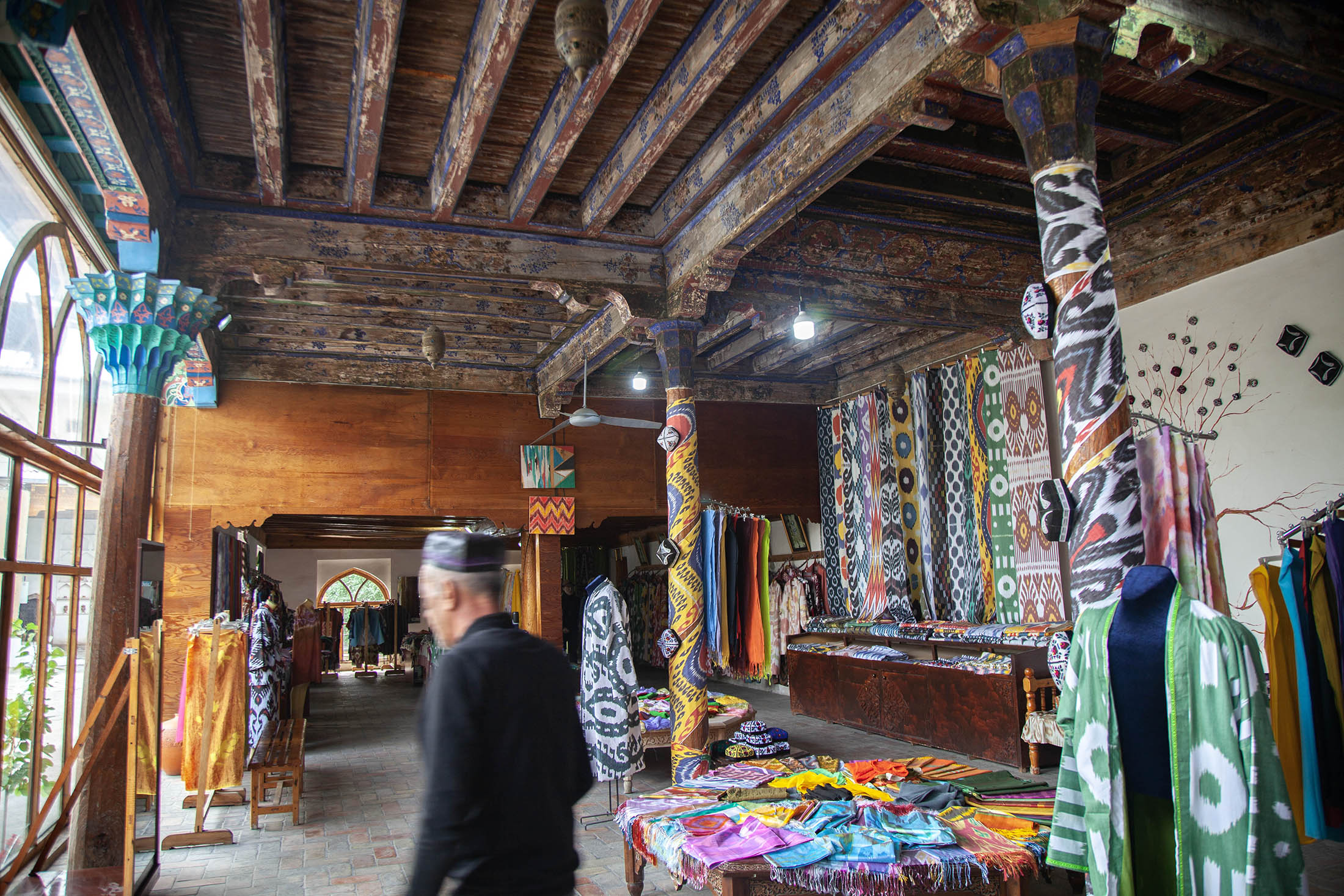
The Aral Sea Environmental Story
The Aral Sea, once the world's fourth-largest inland sea, has dramatically diminished to a fraction of its size, representing one of the most severe environmental catastrophes of our time.
This disaster, primarily caused by the diversion of rivers for agricultural irrigation during the Soviet era, has resulted in a stark landscape where fishing boats lie abandoned on dry land, once thriving communities now face severe economic and health challenges, and a drastically altered local climate.
Is Uzbekistan Worth Visiting?
From the peculiarities that define Uzbekistan, we move to the heart of the matter: Is Uzbekistan worth visiting?
Let's unravel the reasons that, for me, affirm a resounding yes. But let these points do the talking and help you decide if Uzbekistan is a place you wish to put on your travel map.
Silk Road Echoes: Timeless Cities - Discovering Uzbekistan's Worth
Strolling through the ancient streets of Samarkand, I was enveloped by the whispers of caravans that once traversed the Silk Road. The grandiose mausoleums and madrasahs of Bukhara and Khiva stood as silent guardians of history, their intricate blue tiles reflecting centuries of stories under the golden Uzbek sun.
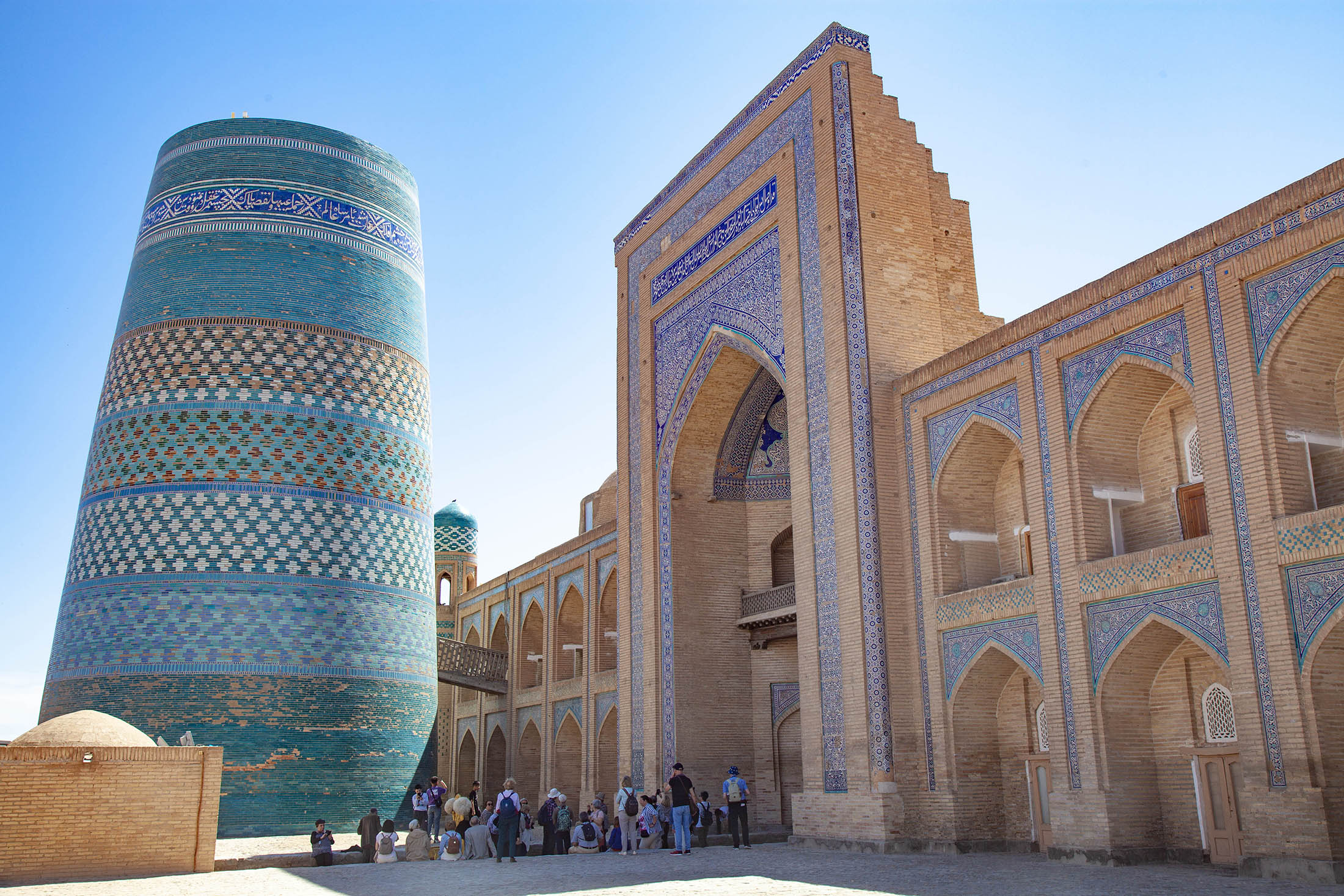
Each corner of these UNESCO World Heritage Sites felt like a step back in time, where the vibrant legacy of traders, scholars, and artisans vividly came to life.
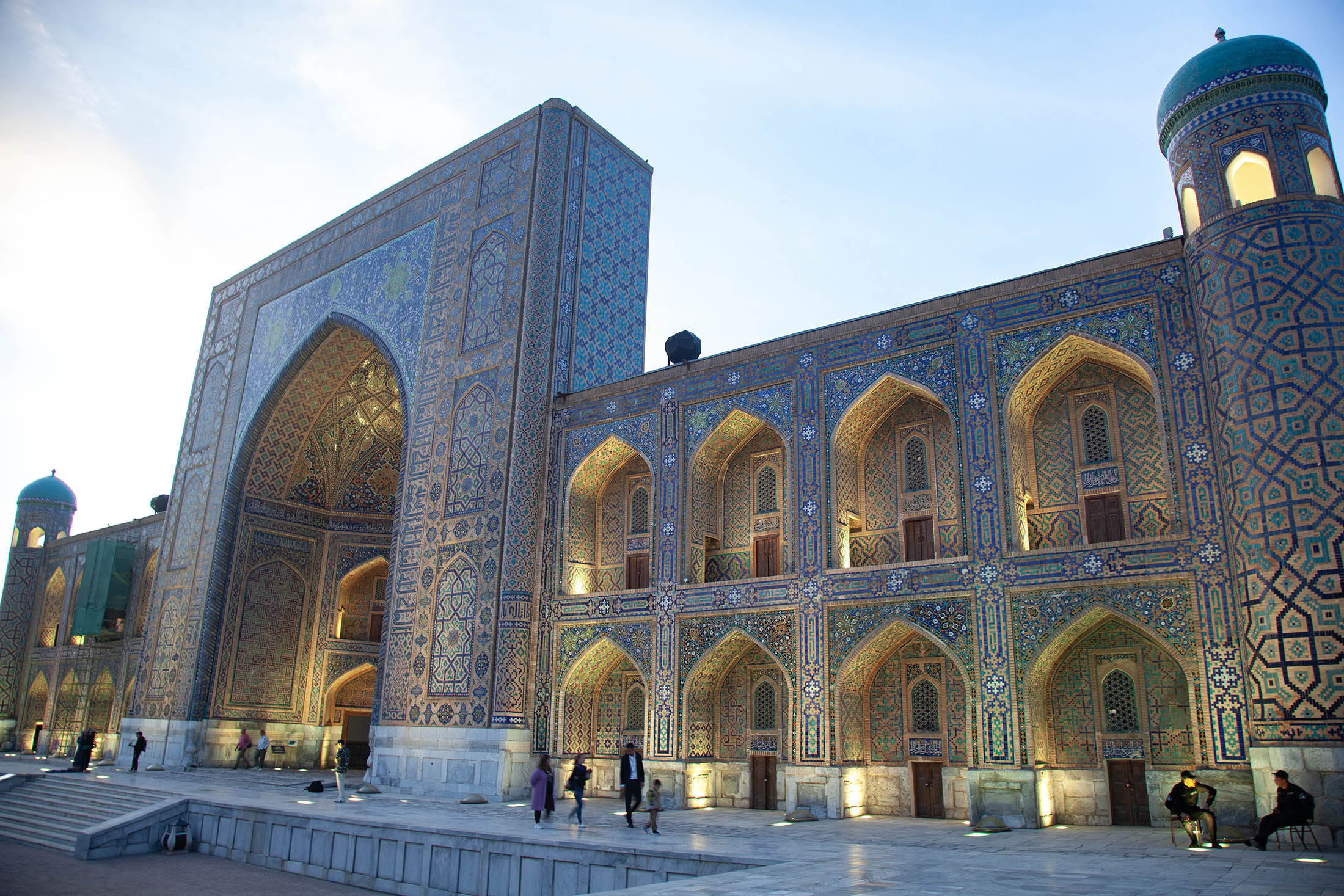
In these cities, where the essence of the Silk Road is still palpable, I discovered why Uzbekistan, with its rich historical heritage, is undoubtedly worth visiting – a journey not just through places, but through times and tales untold.
Bukhara: A Living Canvas of Uzbekistan’s Appeal
Bukhara captivated me with its blend of history and culture.
The heart of the city, Lyab-i Hauz, with its reflective pool and ancient mulberry trees, was more than just a scenic spot; it was a bustling social hub where past and present seamlessly intertwined.
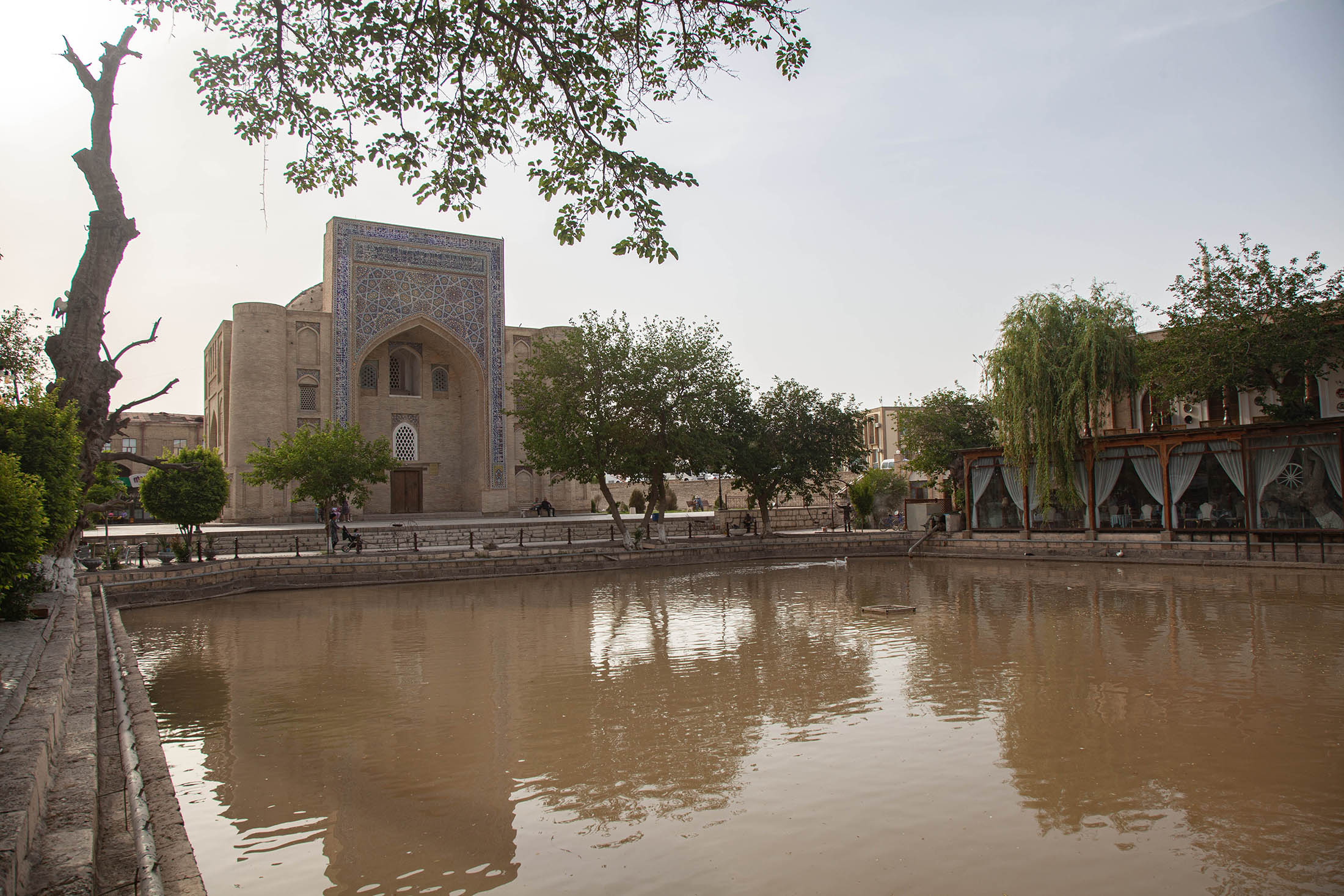
As artisans showcased their crafts and the aroma of spices filled the air in Bukhara's covered bazaars, I was immersed in a sensory journey.
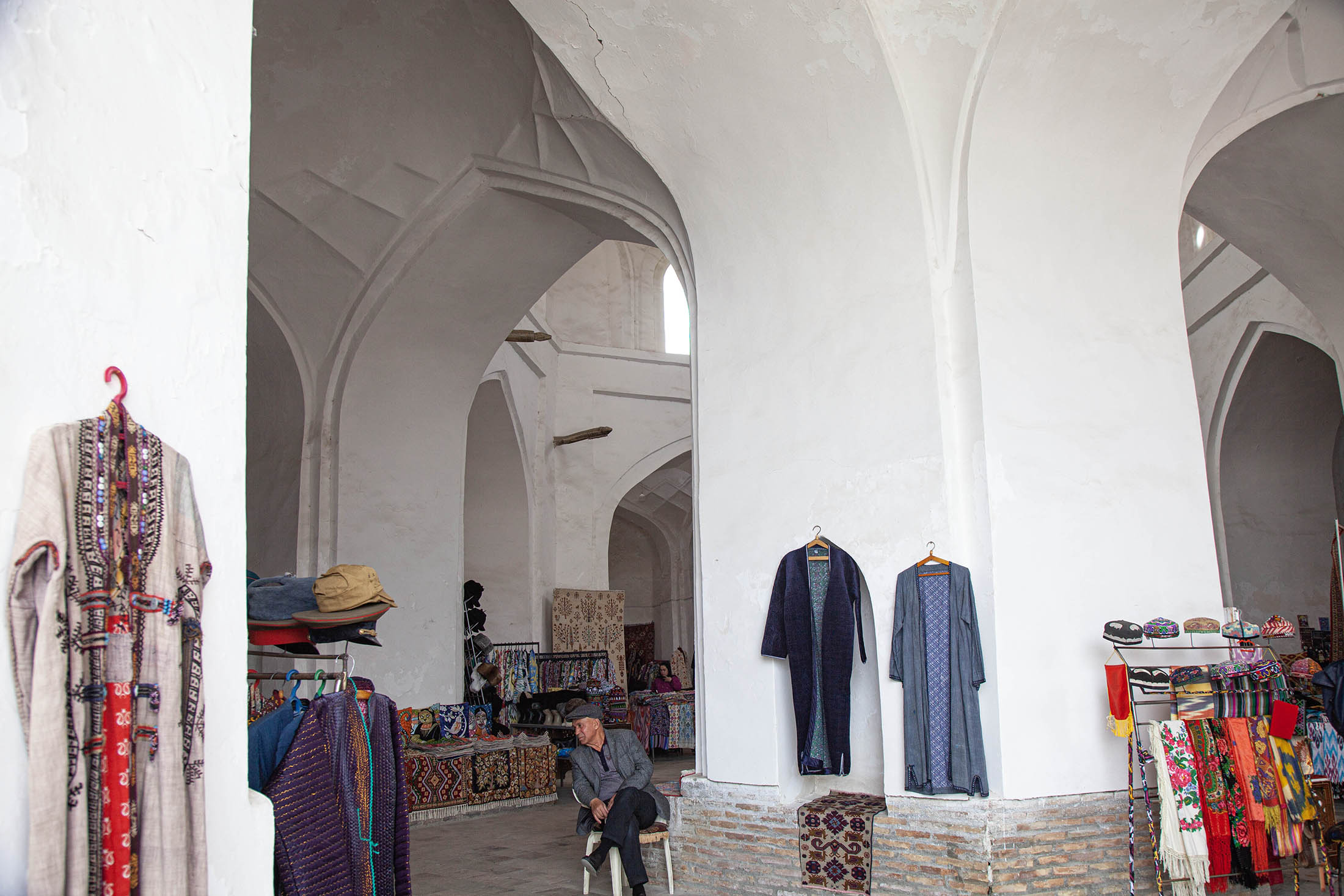
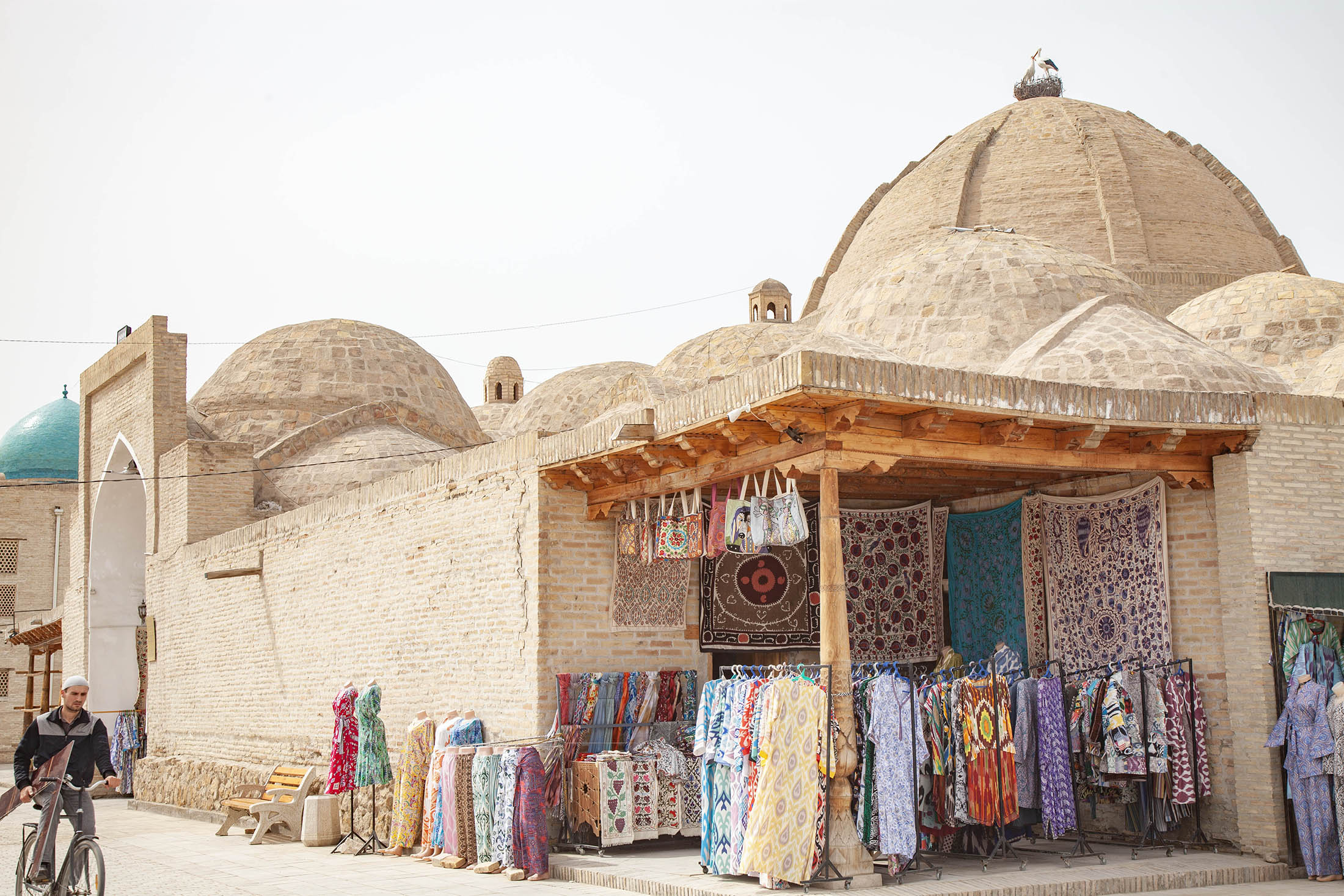
In Bukhara, every corner revealed a new wonder. It made me feel Uzbekistan is worth visiting.
Journeying into Khiva's Past: Unveiling Uzbekistan's Allure
In Khiva, every step took me deeper into a living history book. The well-preserved Itchan Kala, with its towering walls and cobbled streets, felt like a gateway into a bygone era, where every brick and minaret had a story to tell.
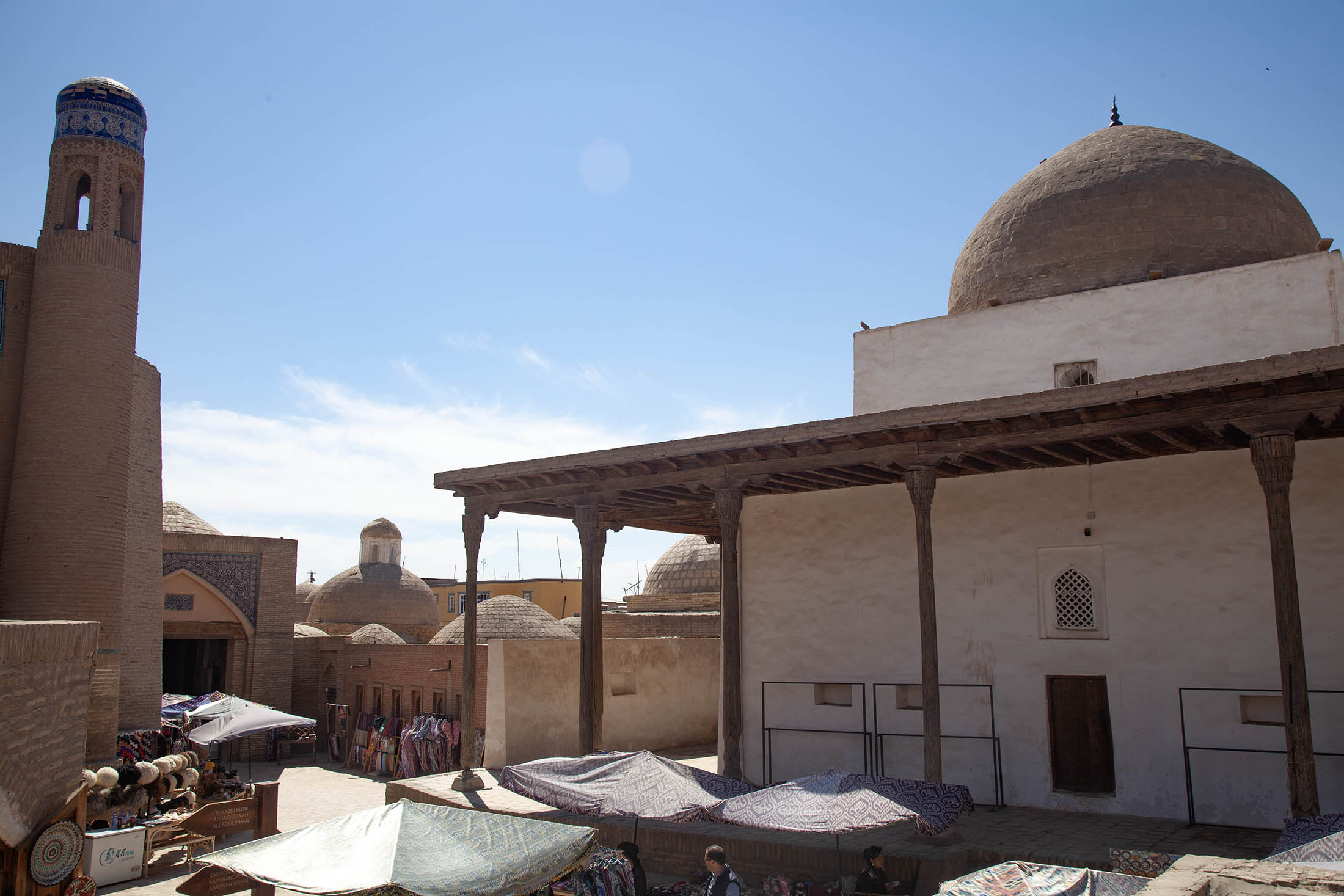
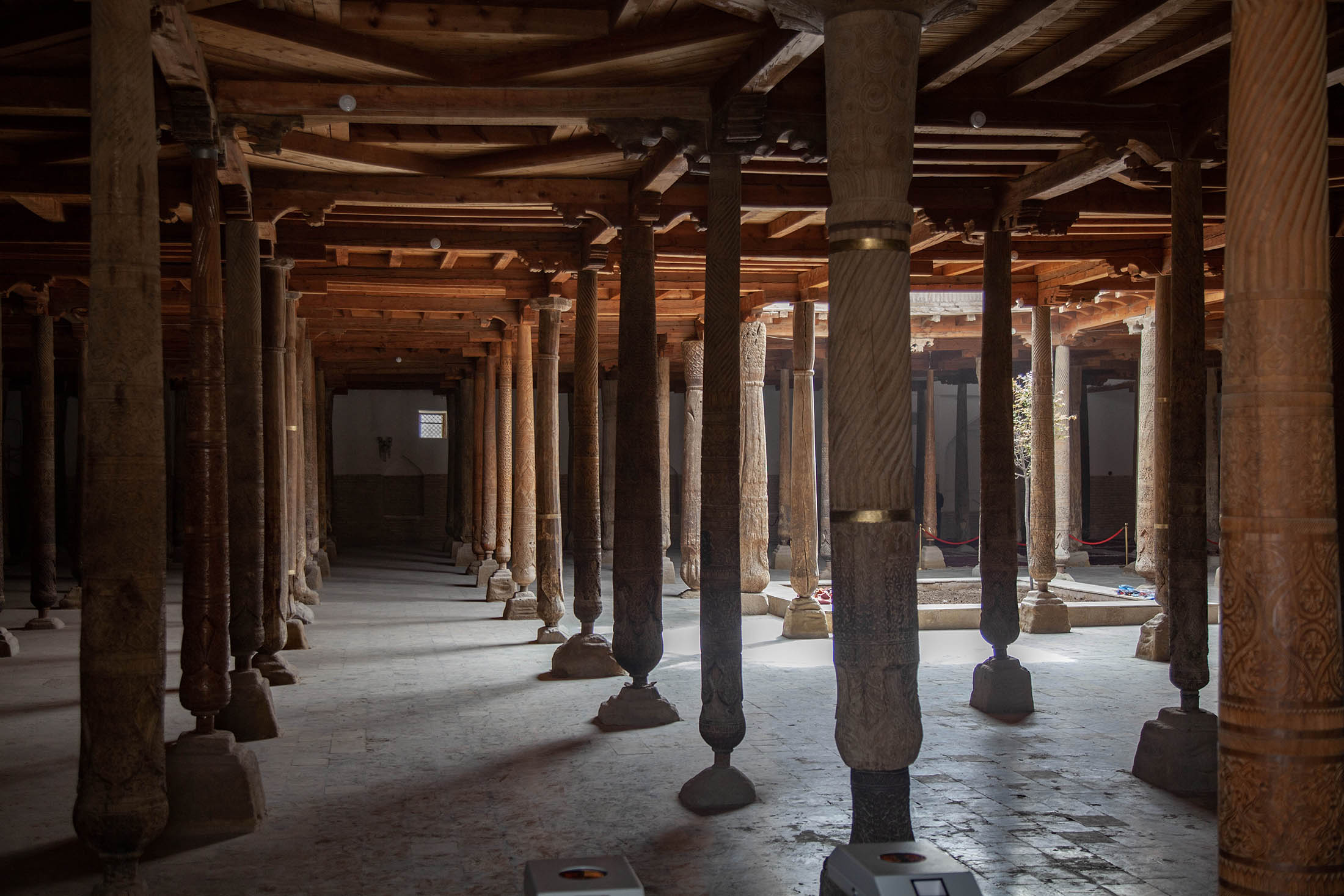
Each narrow lane in this UNESCO World Heritage site unravelled tales of empires and epochs, making Khiva a must-visit for anyone exploring Uzbekistan's historical wonders.
A Reflection of Real Uzbekistan: Beyond the Surface
My journey through Uzbekistan revealed a complex cultural landscape: while renowned for their hospitality, the Uzbek people's history is not without its challenges.
In places like the Fergana Valley, past tensions hinted at underlying ethnic complexities. Yet, in day-to-day life, from the tea houses of Tashkent to the serene courtyards of Bukhara, I experienced a prevailing spirit of warmth and a willingness to embrace differences.
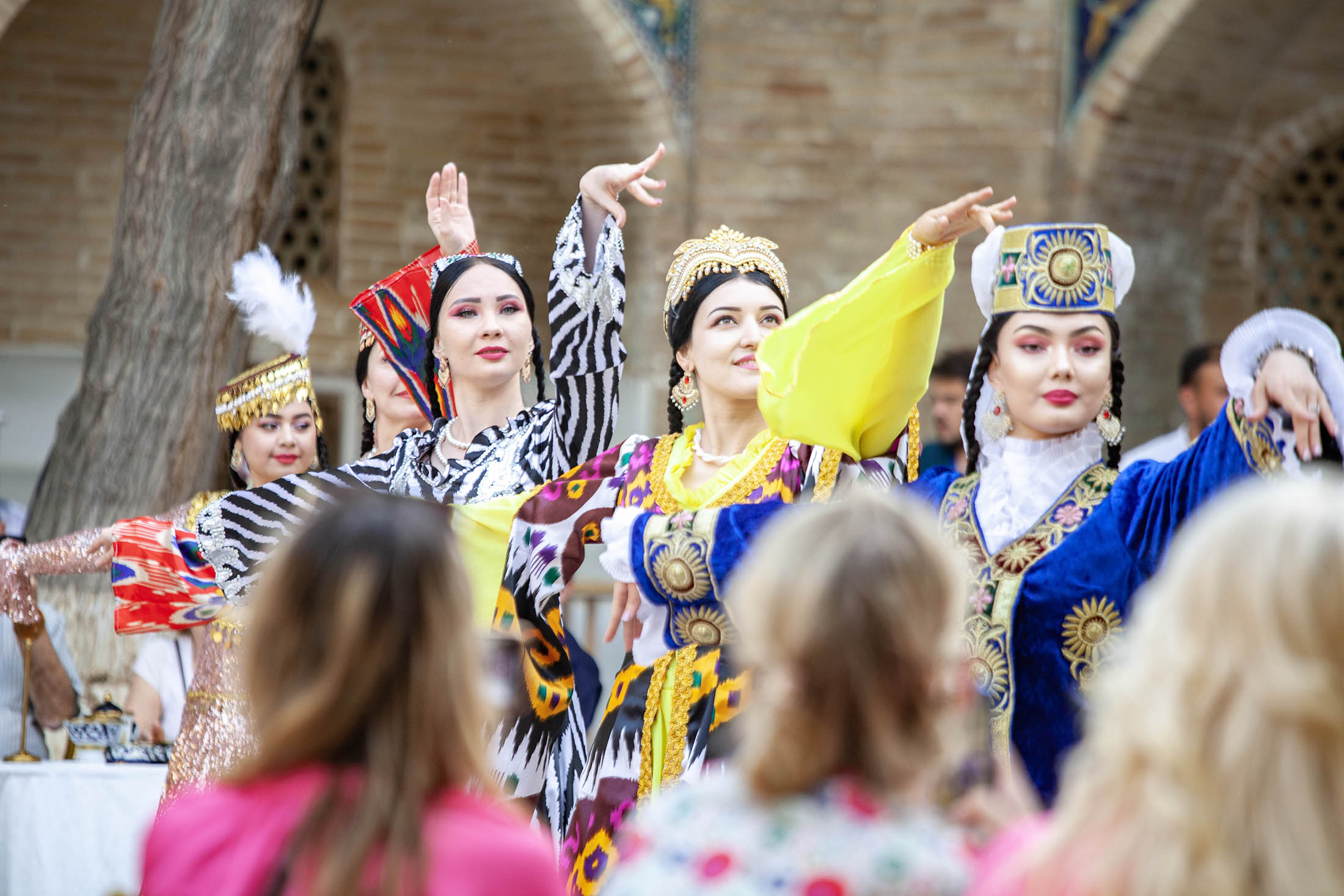
This blend of hospitality and a nuanced history offers a realistic understanding of Uzbekistan's diverse cultural fabric.
Flavours of the Silk Road: Savouring Uzbekistan's Culinary Adventure
In Uzbekistan, culinary experiences offer a window into the nation's soul, where every dish tells a story of tradition and convergence.
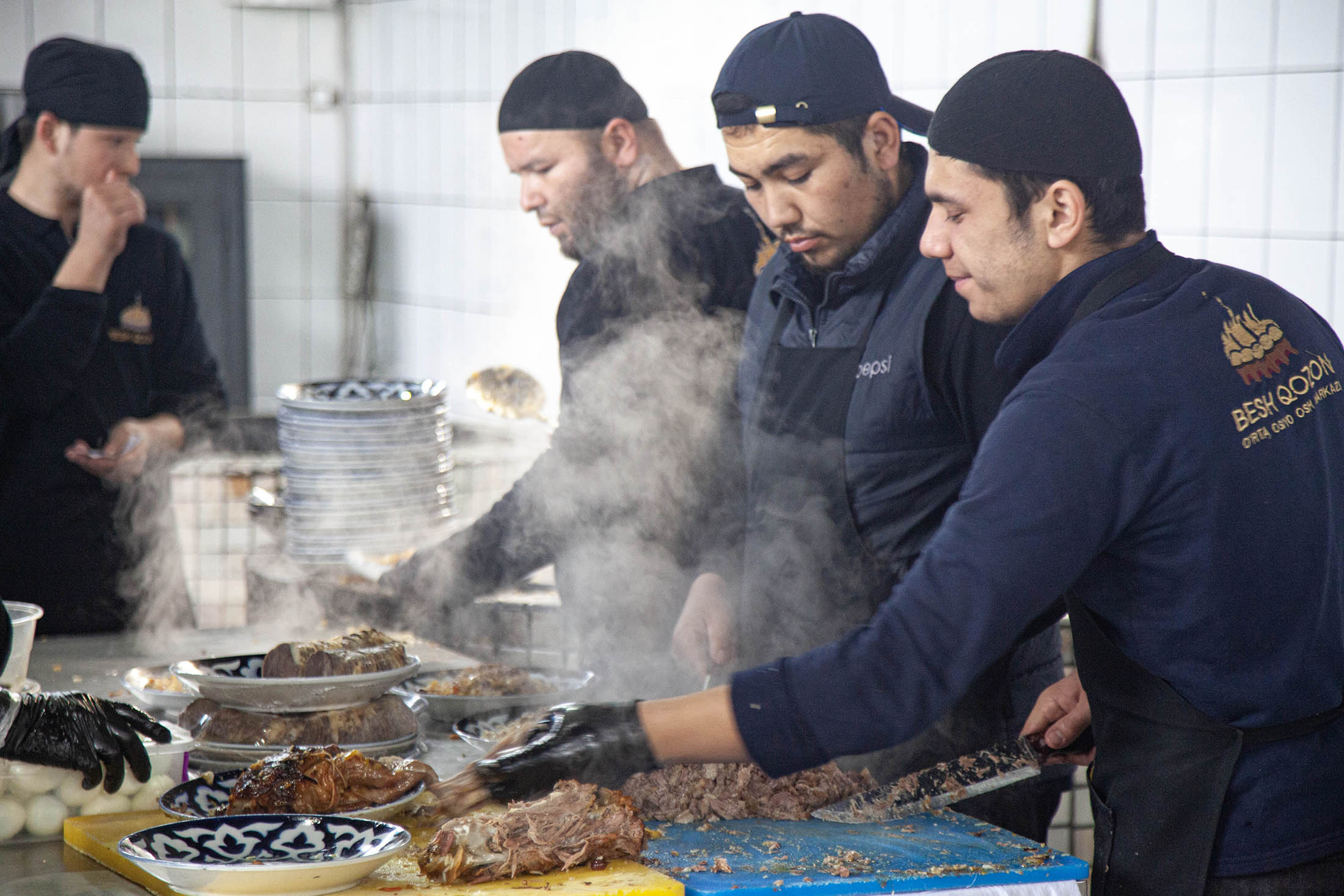
Plov, the national dish, served in heaping portions, is a hearty blend of rice, meat, and carrots, seasoned with a unique mix of spices, reflecting the country's place at the crossroads of various cultures. Sampling Samsa, flaky pastries filled with savoury meat, and savouring the rich, hand-pulled noodles of Lagman, I was struck by the richness of flavours.
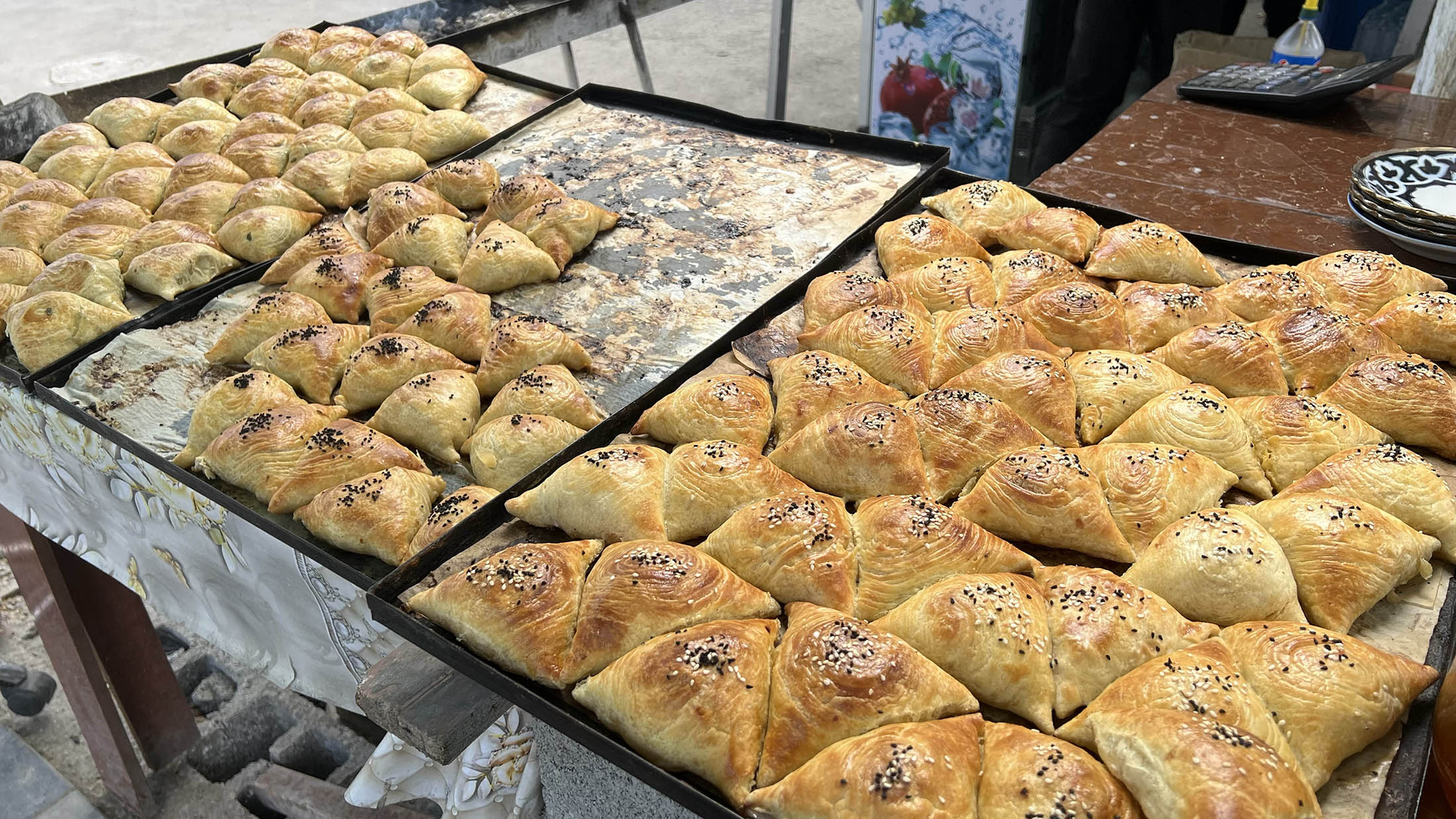
Equally captivating is the Uzbek tea culture, where sharing a pot of steaming green or black tea is not just a beverage choice, but a ritual of hospitality and community, integral to everyday life.
Bustling Bazaars: Experiencing the Vibrancy of Uzbek Life
In the heart of Uzbek cities, the local bazaars stand as bustling epicentres of daily life, with colours and energy whisking you into a whirlwind of sights, sounds, and scents.
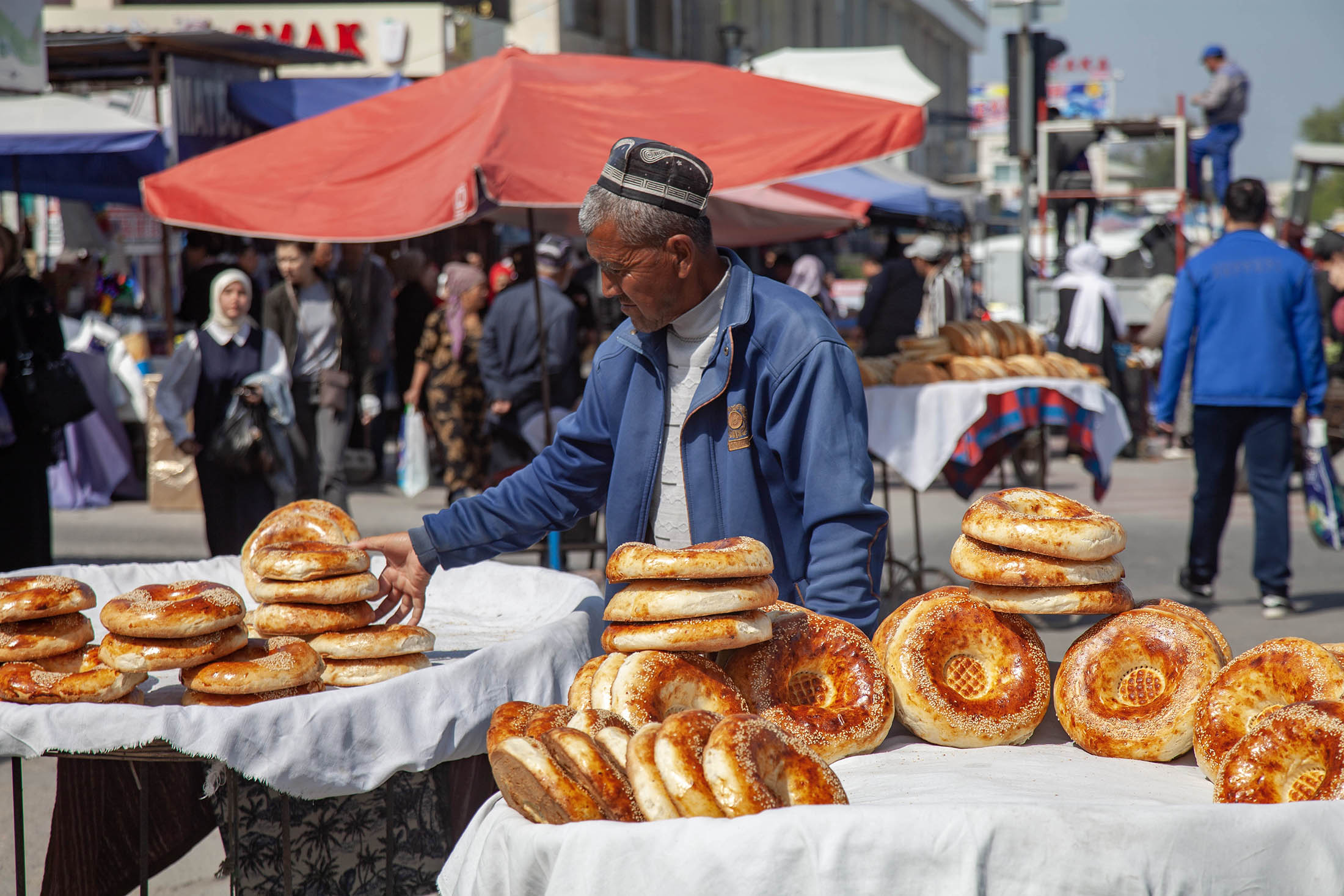
These markets, like the famous Chorsu Bazaar in Tashkent, are a sensory overload - from the rich aroma of spices piled high to the vibrant hues of fresh fruits and handcrafted textiles.
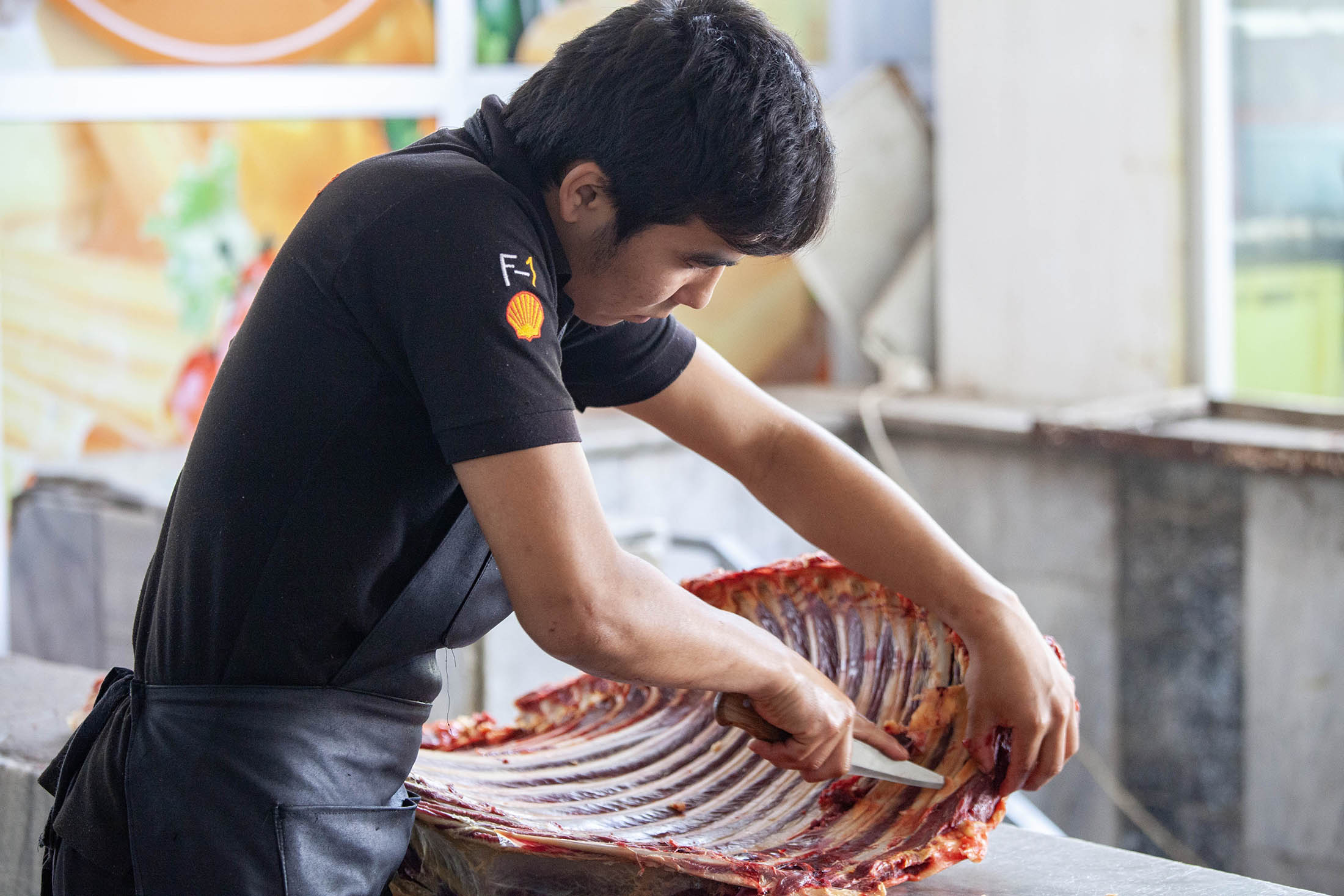
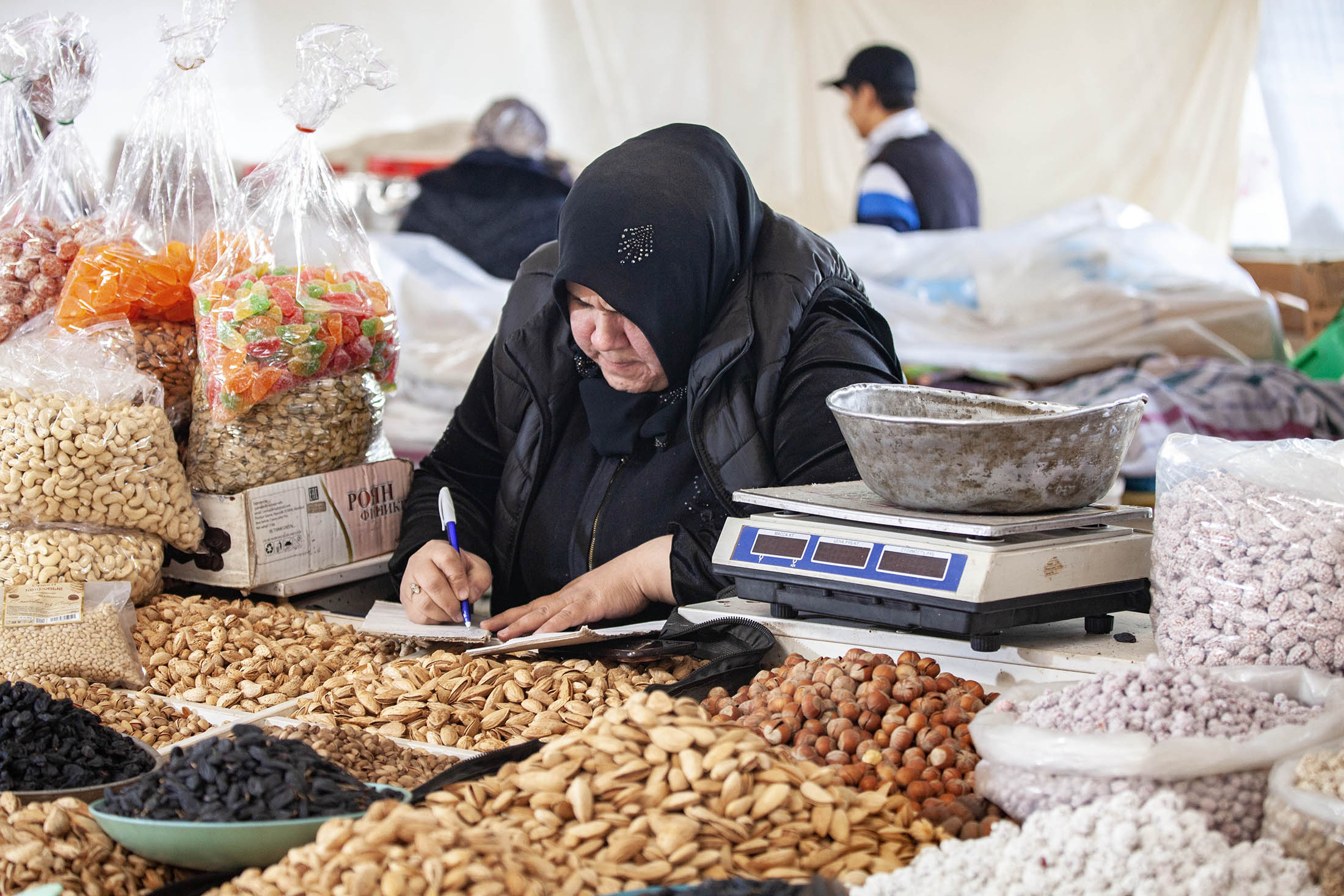
Strolling through, I was enveloped in the lively chatter of vendors and locals. Here, amid the maze of stalls, the true pulse of Uzbek culture beats, offering an authentic experience of traditional commerce and community life.
Affordability and Accessibility: Enhancing Uzbekistan’s Appeal
For travellers seeking an affordable yet enriching journey, Uzbekistan offers a compelling choice.
Compared to many other tourist destinations, the cost of travel in Uzbekistan is refreshingly reasonable. Accommodation, food, and transportation are all budget-friendly, allowing you to explore without breaking the bank.

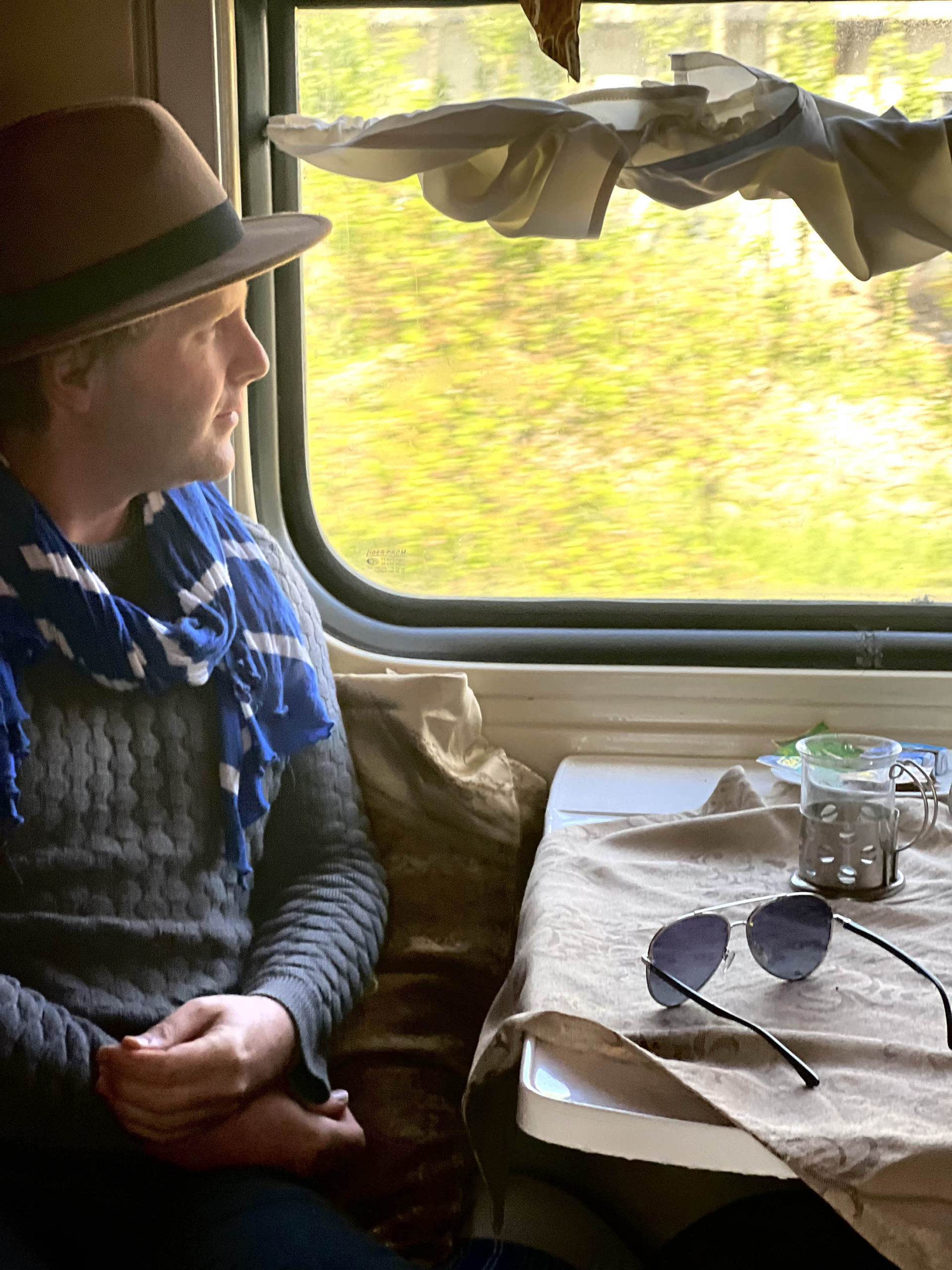
Additionally, Uzbekistan's visa policies and ease of travel contribute to its appeal. Citizens of several countries, including the United States, Canada, the United Kingdom, Australia, New Zealand, and many European nations, can visit visa-free for up to 30 days. For those requiring visas, the process is generally straightforward, with options for e-visas and visas on arrival.
Once in the country, the efficient and affordable domestic transportation network, including trains and buses, makes it easy to move between cities and explore the diverse landscapes.
Uzbekistan's accessibility and affordability combine to make it an inviting destination for travellers of all budgets.
Uzbekistan's Canvas of Creativity: Where Art Meets Architecture
Uzbekistan's landscape is an open canvas where the art of craftsmanship and architectural mastery blend seamlessly.
Roaming through the ancient cities, I was struck by the sheer magnificence of structures like Samarkand's Registan, where the symphony of azure tiles plays with the light.
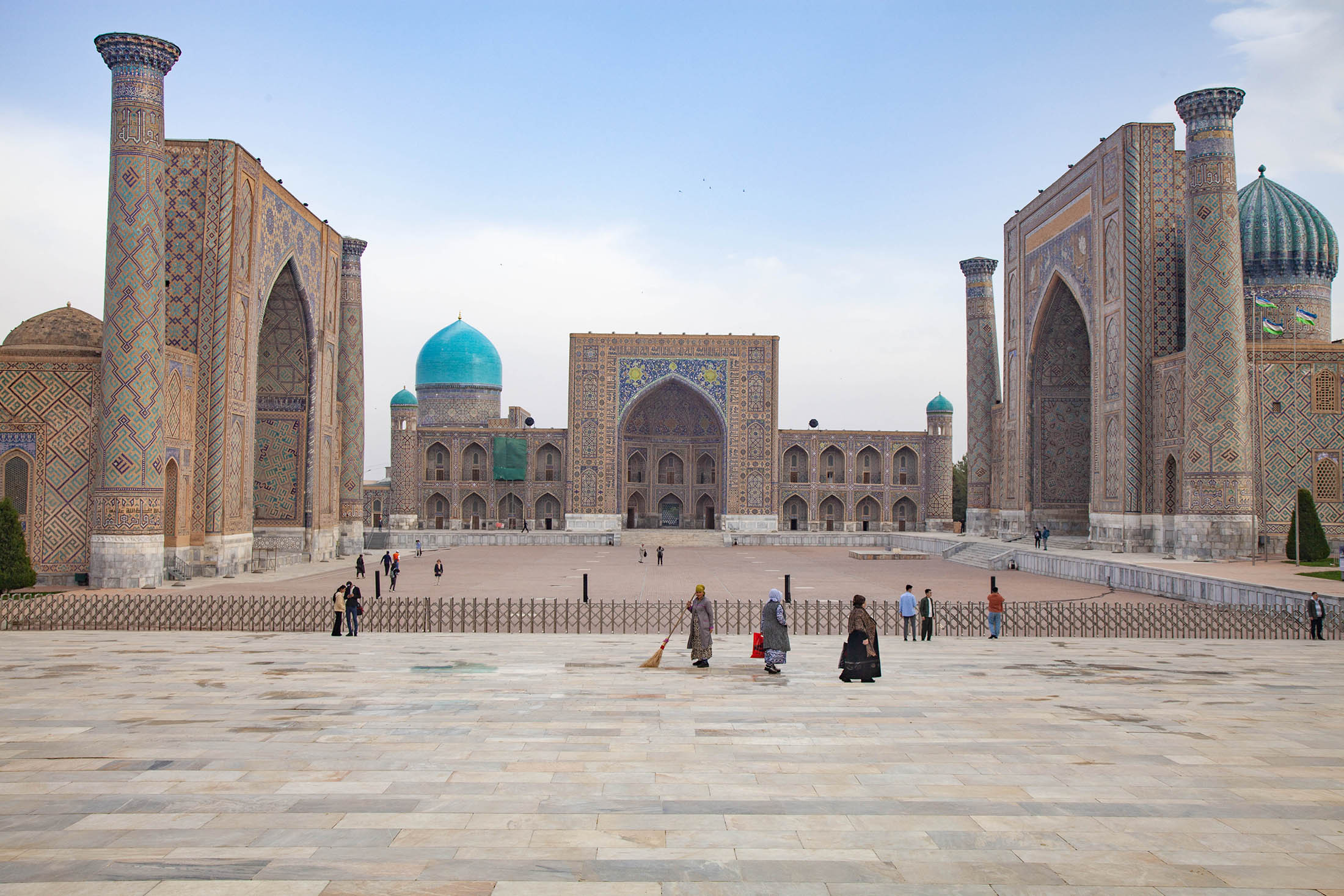
In the labyrinthine alleys of Bukhara, the artistry continued, not just in the grandeur of the buildings but in the hands of local artisans. Their workshops, brimming with vibrant ikat fabrics and delicate ceramics, offered a deeper insight into Uzbekistan's creative spirit.
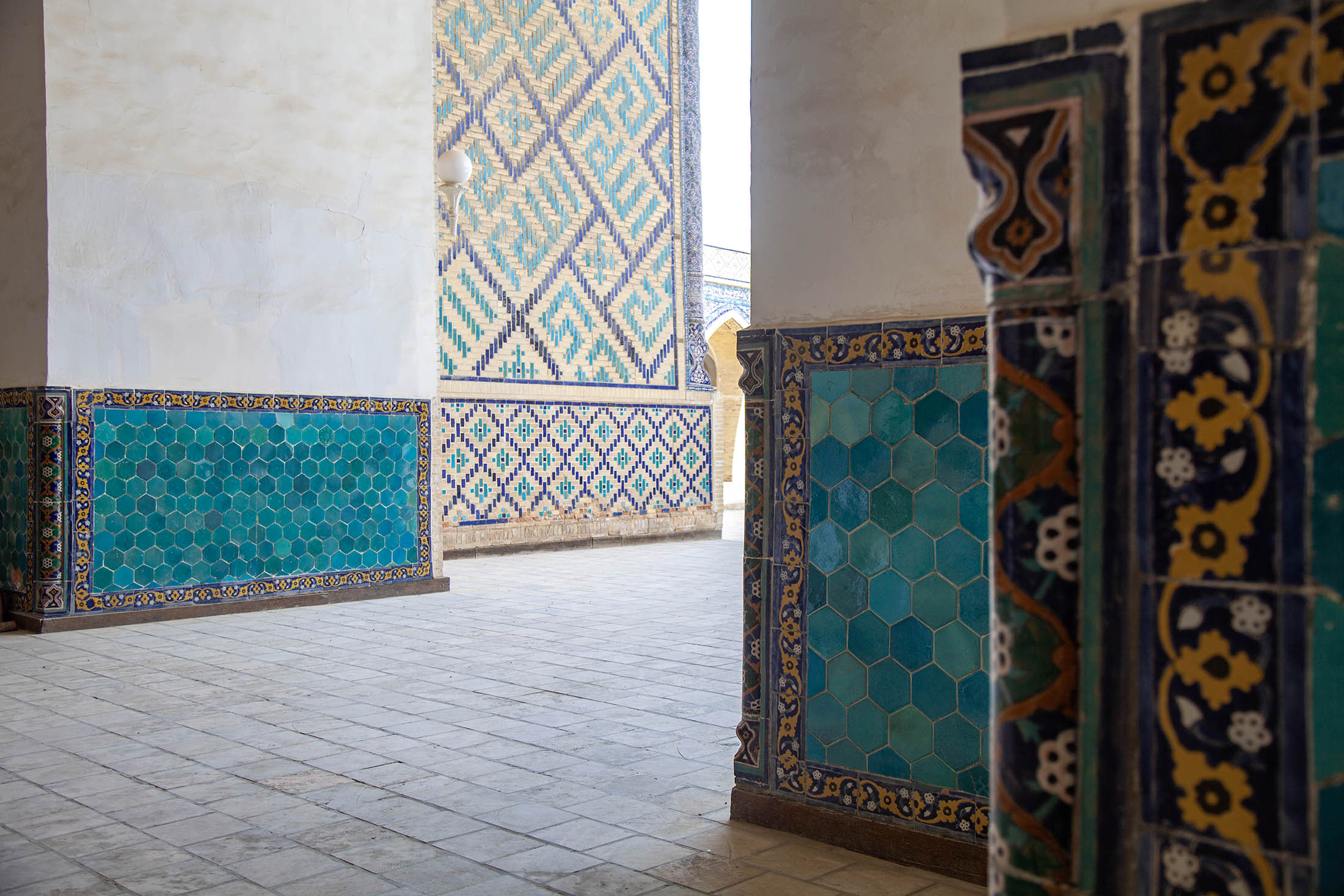
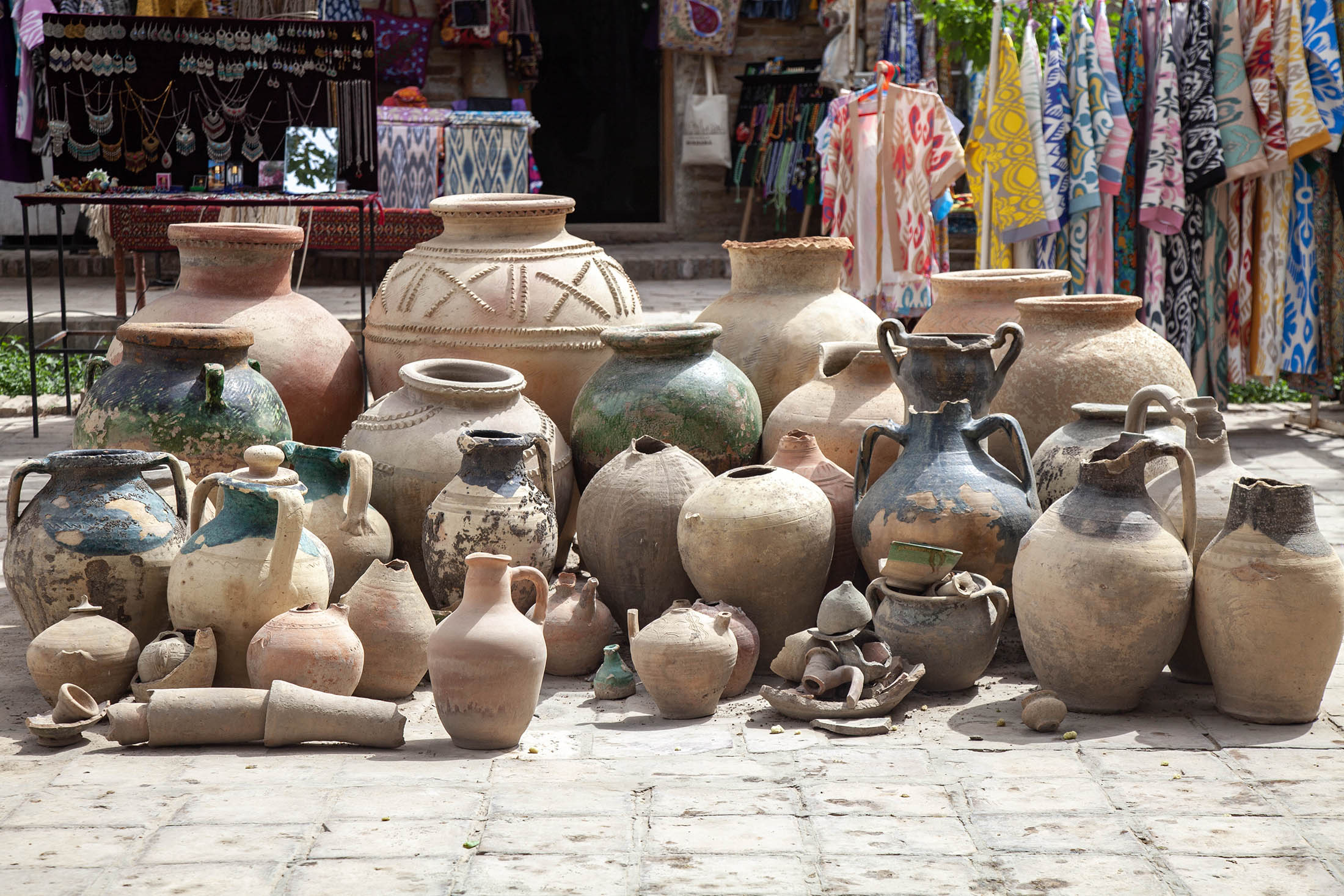
Each piece, whether a fragment of a mosaic or a handwoven carpet, held a story, a piece of heritage that forms part of the nation's identity.
Navigating with Ease: Experiencing Uzbek Hospitality First-hand
In Uzbekistan, the warmth of hospitality is not just a tradition; it's a cornerstone of the culture that greatly enhances the traveller experience.
As a visitor, I found that concerns about safety were quickly allayed by the welcoming nature of the locals. Whether navigating the bustling streets of Tashkent or the ancient alleys of Khiva, there was always a sense of security, partly due to the locals' readiness to help.
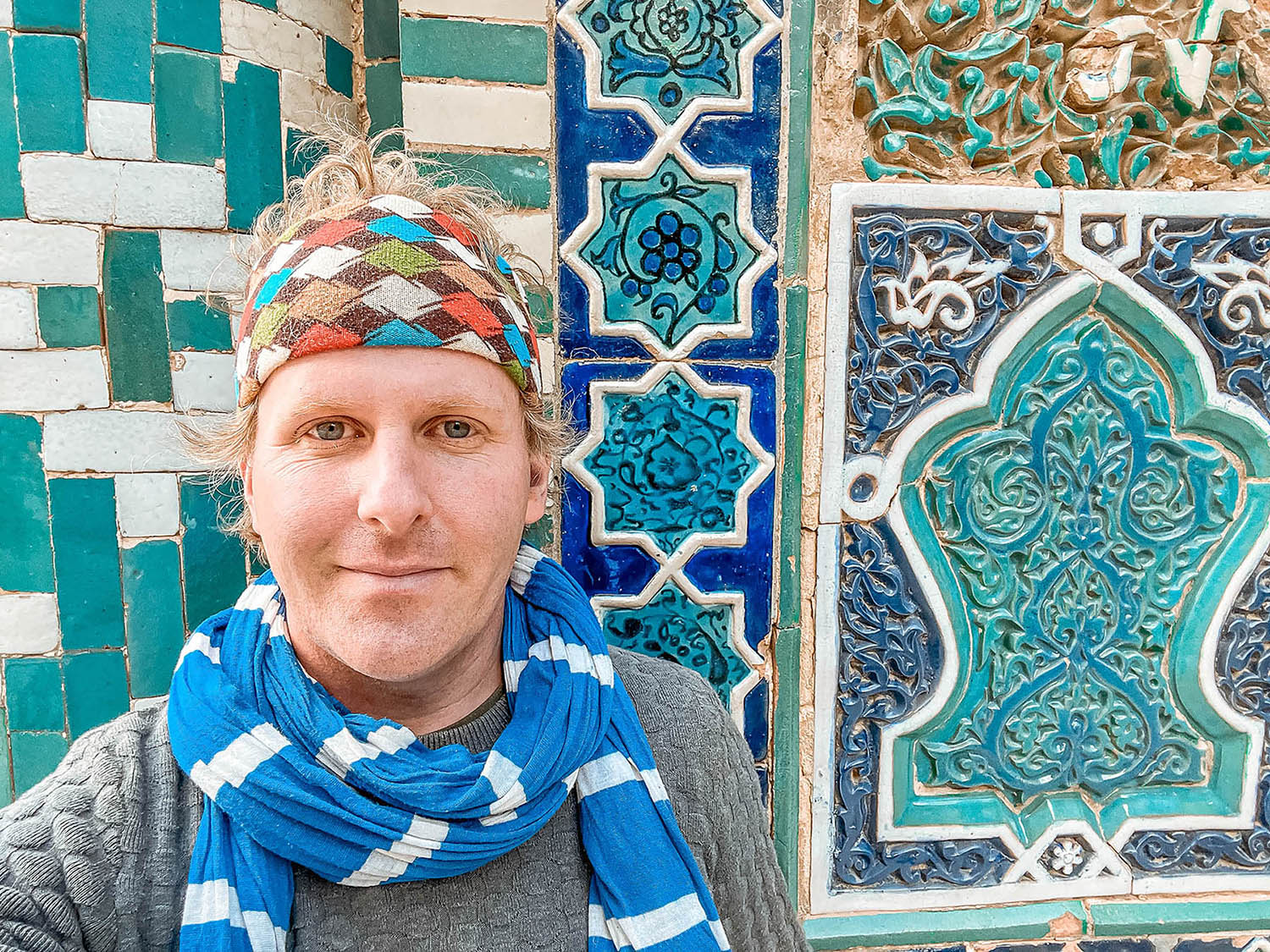
Language barriers, while present, were never a roadblock to genuine interaction. In many tourist areas, English was sufficiently spoken, and even in places where it wasn't, the locals' willingness to communicate through gestures and smiles bridged any linguistic gaps.
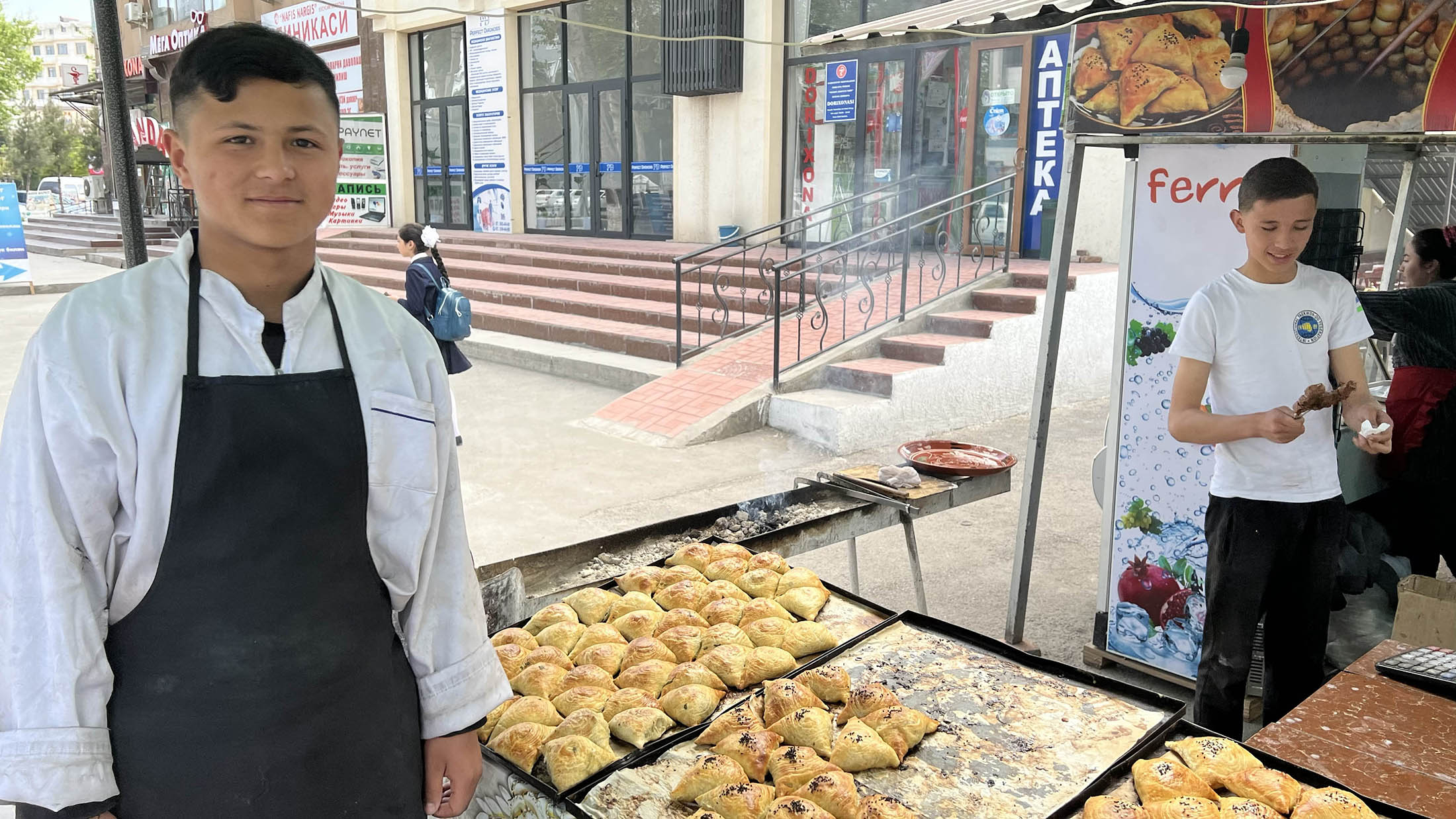
This ease of interaction, coupled with the inherent hospitality of the Uzbek people, made travelling through the country not just safe, but a genuinely enriching experience.
Is Uzbekistan Worth Visiting? Your Journey Awaits
Intrigued by the wonders of Uzbekistan?
The answer is clear: this hidden beauty in the heart of Central Asia beckons with its rich history, culture, and hospitality.
Whether it's the astronomical marvels of Samarkand, the bustling bazaars brimming with spices and stories, or the unique flavours of Uzbek cuisine, there's an adventure waiting at every turn.
Don't let this be just another tale you read; make it your own story. Book your journey to Uzbekistan today and discover for yourself why this enchanting land is more than worth visiting.
It's a destination that promises not just a trip, but a transformation. [Start Your Uzbek Adventure Here]
